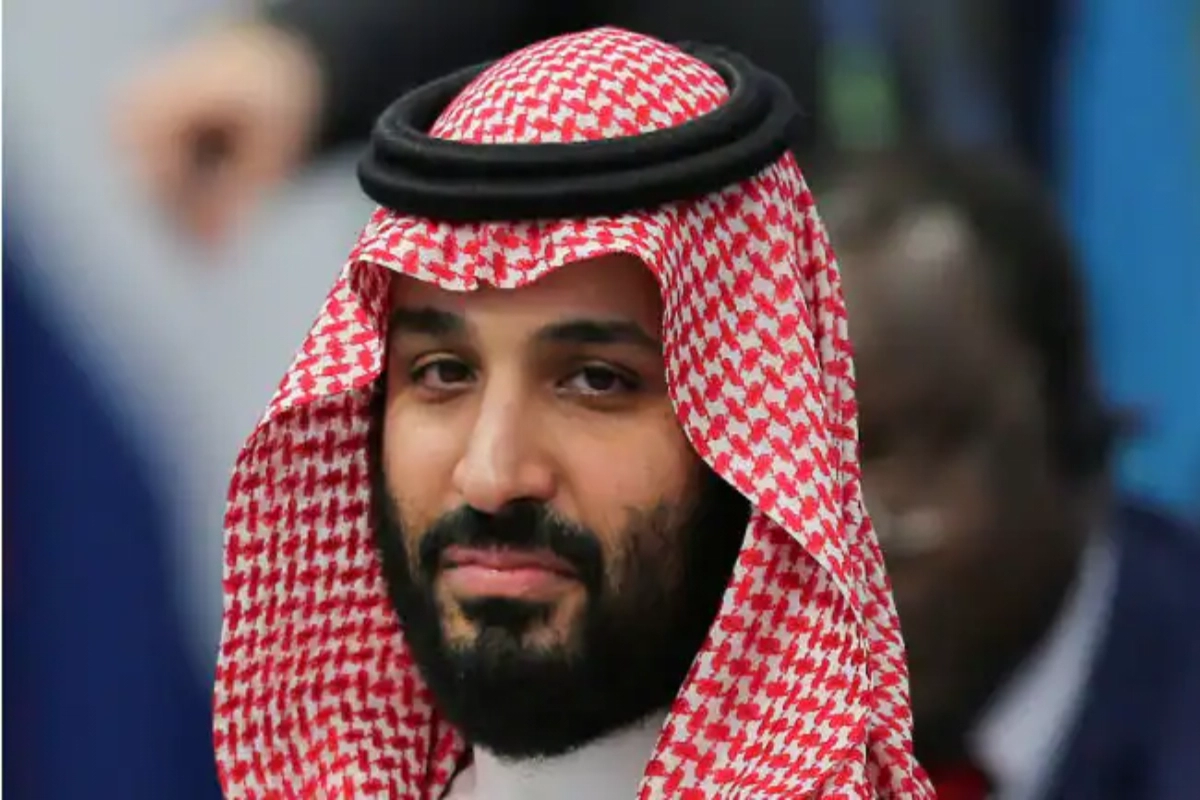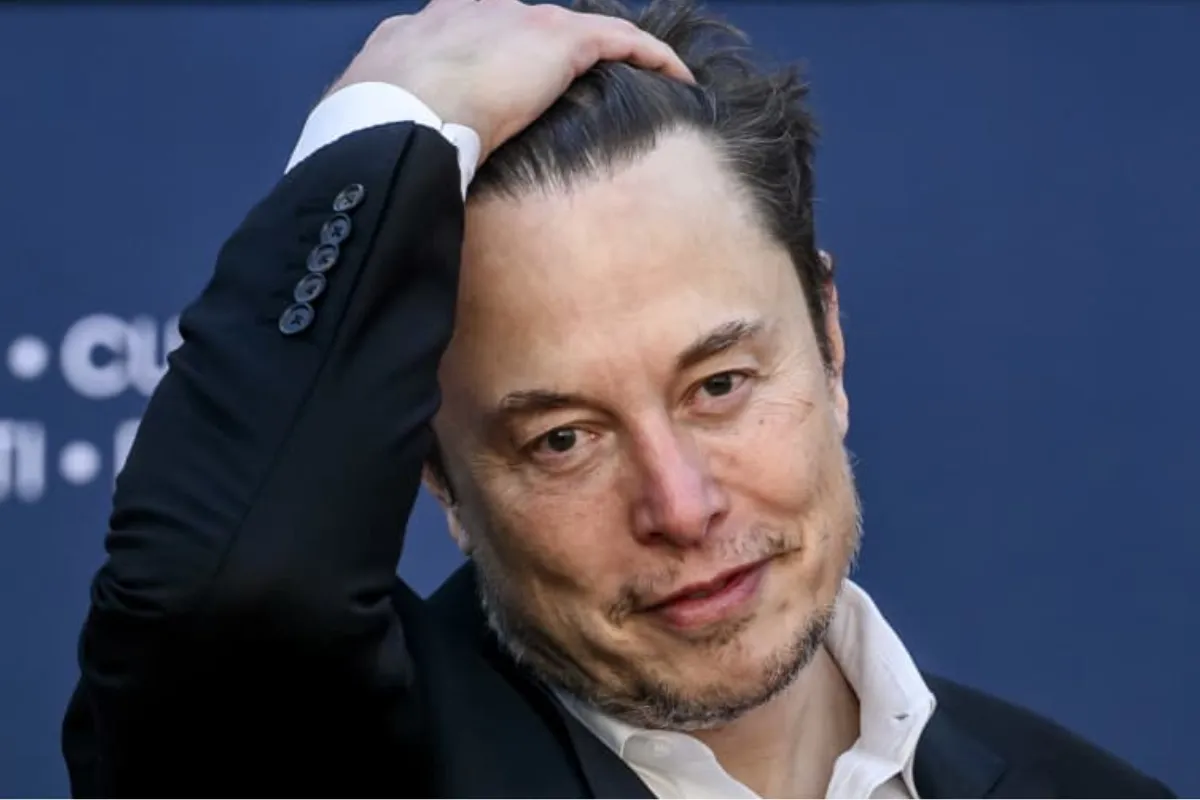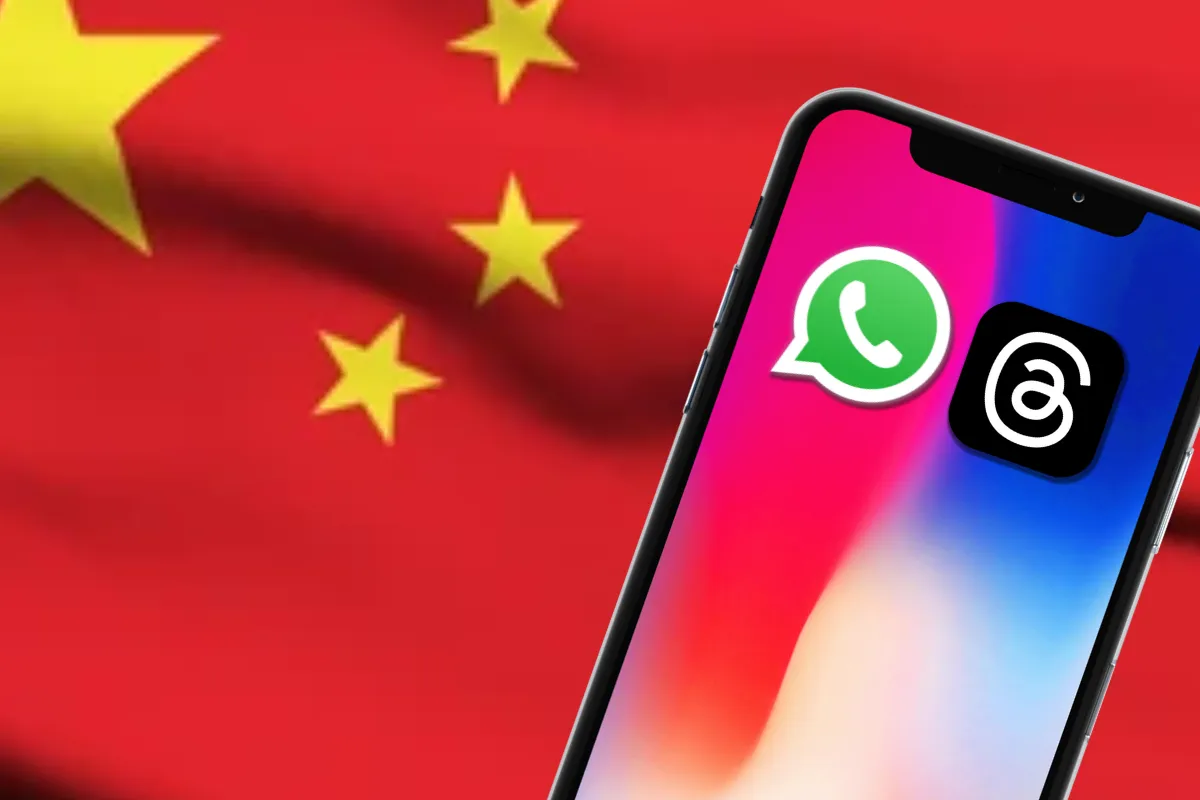The ruler of Saudi Arabia has made a comeback on the world stage following the murder of a columnist of Washington Post, Jamal Khashoggi in 2018, which hogged global limelight because people across the globe suspected the Saudi Prince to be the prime accused. Khashoggi, was murdered by alleged orders from Saudi Crown Prince Mohammed bin Salman, as he wrote critically against the crown prince and his policies. The Saudi Crown Prince had denied his involvement and blamed the event on rogue operatives, the United States ruled that the Saudi Arabian Crown Prince Mohammed bin Salman has immunity in the Jamal Khashoggi murder case from the jurisdiction of US courts.
The Saudi Prince has made a comeback on the global arena once again following the murder of Jamal Khashoggi, which soured Saudi-U.S. ties, and has been defiant in the face of U.S. ire over the kingdom’s energy policy and its non-cooperation in isolating Russia.
On the contrary, the Crown Prince Mohammed bin Salman hosts China’s Supreme leader Xi-Jinping this week at a critical moment when Saudi-US relations are at the lowest levels, signaling Riyadh’s resolve to navigate a polarised global order regardless of the wishes of its Western allies.
In a show of strength as an aspiring leader of the Arab world, Prince Mohammed has also endeavoured to gather rulers from across the Middle East and North Africa for a Chinese-Arab summit during the visit by President Xi Jinping.
Saudi Arabia is running on a proposition that Riyadh should act according to strategic calculations that must accommodate Beijing, as China is now an indispensable economic partner for them.
Though the United States remains a partner of choice for Gulf states reliant on it for their security, Riyadh is charting a foreign policy that serves its national economic transformation as the world pivots away from hydrocarbons, Saudi’s lifeblood.
There is certainly a risk that expanding relations with China if backfires and leads to a (further) split in the U.S.-Saudi relationship… but Prince Mohammed Bin Salman is certainly not pursuing this out of spite. He has his plans under his sleeves.
Xi’s visit comes at a time when U.S.-Saudi ties are at a nadir, insecurity weighs on global energy markets with the West imposing a price cap on Russian oil and as Washington warily eyes China’s growing influence in the Middle East.
Notably, Prince Mohammed has expressed his defiance and displeasure through the ‘Atlantic Magazine” where the anguished Prince stated that he didn’t care whether US President Joe Biden misunderstood things about him or not, and further advocated that the US President should focus on the interests of the Americans.
Whilst Saudi Arabia is strengthening its economies ties with China, Russia’s lower-priced fuel has an increased market share. Beijing has also been lobbying for use of its ‘Yuan’ currency in trade instead of the U.S. dollar. Riyadh had previously threatened to ditch some dollar oil trades to confront possible U.S. legislation exposing OPEC members to antitrust lawsuits.
U.S.-Saudi ties under Biden’s administration, already strained over human rights and the Yemen war in which Riyadh leads a military coalition, have frayed further due to the Ukraine war and OPEC+ oil policy.
The Chinese delegation is expected to sign dozens of agreements with Saudi Arabia and other Arab states covering energy, security and investments.
Prince Mohammed is focused on delivering his Vision 2030 diversification plan to wean the economy off oil by creating new industries, including cars and arms manufacturing as well as logistics, though foreign direct investment has been slow.
The kingdom is investing heavily in new infrastructure and megaprojects in tourism and initiatives like the $500 billion NEOM zone, a boon for Chinese construction firms.
Saudi Arabia and its Gulf allies have said they would continue to diversify partnerships to serve economic and security interests, despite U.S. reservations about their ties with both Russia and China.
Also Read: Kettungal, a Kerala town, shares Qatar’s joy at hosting the FIFA World Cup 2022
Prince Mohammed wants to demonstrate to his own constituency that the kingdom is important to many global powers, said Jonathan Fulton, non-resident senior fellow at Atlantic Council.
“Perhaps he’s signalling to the U.S. as well, but…he’s more concerned about what people within the kingdom think.”
Biden pledged “consequences” for Riyadh after the OPEC+ output move but Washington has since reiterated its support for the kingdom’s security, with U.S. officials stressing the U.S. “comparative advantage” in building integrated defence structures in the Gulf.
White House national security spokesman John Kirby told reporters on Wednesday that Washington wants to make sure that its “strategic” relationship with Riyadh was working “in our best interests”.
U.S. officials have declined to comment when asked about Saudi-China bilateral relations ahead of Xi’s visit.
Washington has voiced concern over Gulf Arab use of Chinese 5G technology and Chinese investments in sensitive infrastructure like ports, including in the United Arab Emirates which halted a Chinese port project due to U.S. concern.
Riyadh and Abu Dhabi are buying Chinese military equipment and a Saudi firm signed a deal with a Chinese company to manufacture armed drones in the kingdom.
Saudi analyst Abdulaziz Sager, chairman of Riyadh-based Gulf Research Center, told Saudi TV Asharq News that Arab states wanted to tell Western allies that they have alternatives and their relations are primarily based on economic interests.
Also read: Discount on cars: Renault is offering huge discounts on these models, details here
Keep watching our YouTube Channel ‘DNP INDIA’. Also, please subscribe and follow us on FACEBOOK, INSTAGRAM, and TWITTER











